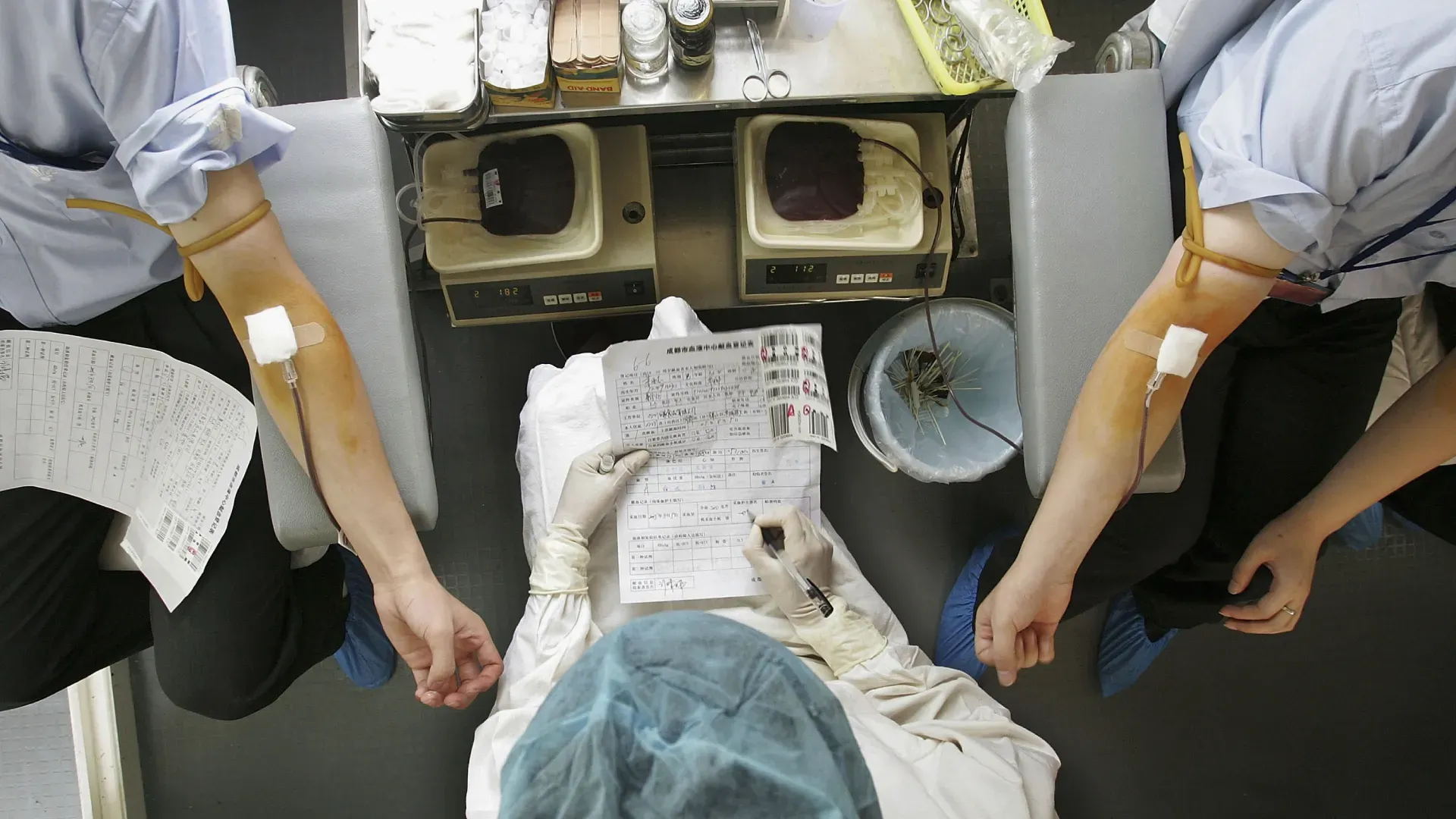Official data shows this blood type is among the rarest in Asia; less than 1% of the population is Rh-negative whereas it is 15% among Caucasians
This assessment was issued to clients of Dragonfly’s Security Intelligence & Analysis Service (SIAS) on 25 October 2024.
- Official data shows this blood type is among the rarest in Asia; less than 1% of the population is Rh-negative whereas it is 15% among Caucasians
- Media reports suggest the situation is particularly acute in Thailand, where reserves of such blood are extremely low and has previously led to the death of foreigners who had been hospitalised
Blood shortages in Asia – particularly Thailand – are likely to lead to delays and medical complications for foreign residents and travellers needing emergency care in the coming years. The lack of Rh negative blood has been a long-standing issue in countries in Asia, even in major cities where high-quality medical care is available. Blood type compatibility is crucial for safe blood transfusions and Rh negative is more common among Caucasians. Due to its rarity in Asia, healthcare providers often struggle to provide such transfusions in time, especially in emergencies.
Blood shortages remain a persistent issue, particularly in Southeast Asia
Official data and academic research show that the Rh negative blood type is rare in local populations in Asia. In Singapore, the public health authority reports that this blood type is most commonly found in Caucasians and Indians. And in most Asian countries, less than 1% of the population is Rh negative, based on data from local Red Cross centres, medical authorities and international press reports. The main exceptions are Australia (19%) and New Zealand (17%); there are large Caucasian resident populations in both countries.
The lack of Rh negative blood poses risks for foreign nationals requiring blood transfusions. Hospitals in Asia often do not have enough blood to treat foreigners, for instance when undergoing major surgery or involved in road accidents. This seems to be particularly the case in Southeast Asia, including Cambodia, Laos, the Philippines, Thailand and Vietnam. The international media usually report on at least several cases of foreigners struggling to access blood each year, leading to delays and medical complications.
Blood shortages also seem more acute in remote areas – particularly smaller islands in Asia – and smaller cities. This is because there are typically fewer foreigners who can donate blood and local hospitals also have more limited capabilities. Even at hospitals in major cities, such as Bangkok and Chiang Mai, there have been shortages in recent years. It can take up to a few days for hospitals to source and transport blood. Last year, a foreign patient in Chiang Mai, Thailand, died after the authorities were unable to source Rh negative blood for them in time.
The lack of Rh negative blood appears especially pronounced in Thailand. The international media has reported on at least dozens of cases of foreigners struggling to access blood in the past few years, often in life-threatening conditions. There are large numbers of tourists in Thailand where road collisions are common. The medical authorities said during a panel discussion on the issue in Bangkok last year that such blood reserves are ‘extremely low’ in the country. The waiting time for donations can be ‘one or two days’.
Awareness about the lack of Rh-negative blood rising in Asia
The authorities in Asia are likely to struggle to address the blood shortages, despite growing awareness about the issue. Over the past few years, the medical authorities in countries such as Thailand and Vietnam began to organise blood donation campaigns targeting foreigners and urging those with Rh negative blood to donate periodically. There are also groups on social media platforms such as Facebook aimed at organising donors or issuing calls for urgent donations. Still, the extent of the issue and the ability of blood banks to only store blood for several days means the shortages will continue to pose risks in the coming years.
Image: A medical worker writes a record as volunteers from the Baijia Food Company donate blood at the Chengdu Blood Center in Chengdu of Sichuan Province, southwest China. Photo by China Photos/Getty Images.




